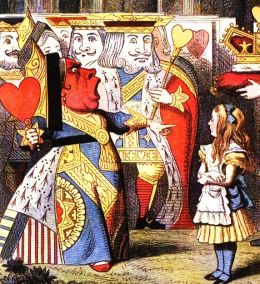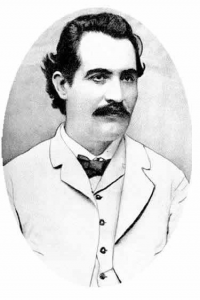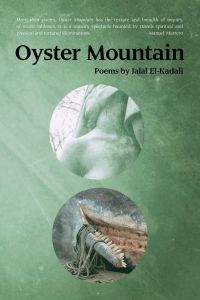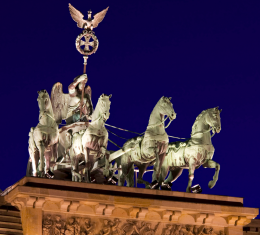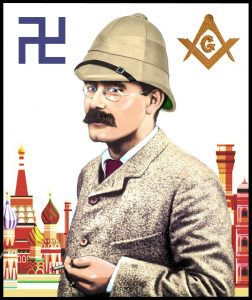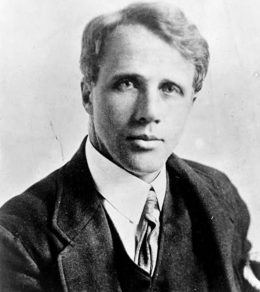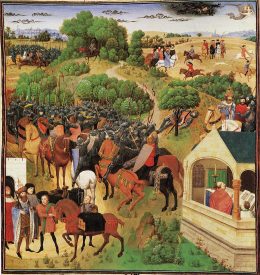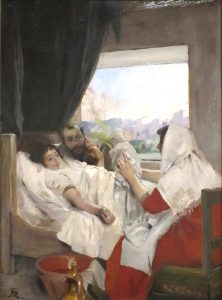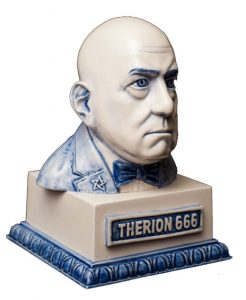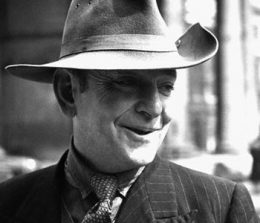7,655 words
The Sphinx-riddle. Solve it, or be torn to bits, is the decree.
— D. H. Lawrence
A question, readers: what is the most profound of all human activities? With the previous sentence, I’ve already provided the answer, for it is the question itself — the thing that drives all exploration and philosophy. How can philosophy (or any knowledge) exist without first the riddle, the profound need for the answer? (more…)
